| Guiding Thought Question: Identifying the place characteristics at a number of different scales. City - Identify 3 defining human characteristics (significant landmarks, cultural traits), and 3 defining physical characteristics (climate, physical traits) of your home city. State - Identify 3 defining human characteristics (significant landmarks, cultural traits), and 3 defining physical characteristics (climate, physical traits) of your home state. Country - Identify 3 defining human characteristics (significant landmarks, cultural traits), and 3 defining physical characteristics (climate, physical traits) of your home country. Guiding Inquiry: What can you learn about a Place from "reading the landscape" to analyze it's human and physical characteristics? Today's Learning Objective: Students will be able to identify characteristics of the physical landscape and how they are a reflection of its location on the planet. Students will practice identifying the principles of place, and complete an activity where they identify place characteristics and the impacts those characteristics have on speciation. (3.1) | |
|
4 Comments
Guiding Inquiry: How does a place's location on the planet affect the climate conditions it will experience throughout the year? (3.1.b)
Guiding Thought Question: Explain the Absolute and Relative location of a place you'd like to go someday without saying the name of it. Relative Location: The location as described by the general area where it is, as well as what is around it (ex. Nebraska is in the middle of the United States, surrounded by Iowa, South Dakota, Wyoming, Colorado, Kansas, and Missouri) Absolute Location: A specific indicator of where something is located, usually communicated as an address or Latitude and Longitude (ex. the Education center at the Omaha Henry Doorly Zoo is located at 3701 S. 10th Street, Omaha, NE, 68107 or 41.267324 North and -95.919587 West) *To look up coordinates use Latlong.net Today's Learning Objective: Students will examine the effect the sun's energy has on seasonal variations, and the effect that a place's location will have on the amount of solar insolation it receives throughout the course of the year by completing a map lab and reviewing concepts through direct instruction.
Guiding Thought Question: Paste the URL for your final project with the name of the country you're going to.
Today's Learning Objective: Students will begin working through the process of identifying issues that ecologists and environmentalists can address, and the processes through which they develop research questions.
|
Ecological Biogeography ForumWelcome to the Forum! Here is where you will be answering your daily warm-up questions. Please do not enter your last name for privacy reasons, and you may use a nickname if you would like (Just make sure Mr. Tredinnick is aware of the nickname you are using). Write out thoughtful responses to the forums on the days they are assigned. If you miss a day please take it upon yourself to complete the Forum you missed. Each Forum has the targeted Learning Objective(s) there so you can see what the focus of the day's class will be. Archives
March 2022
Categories |
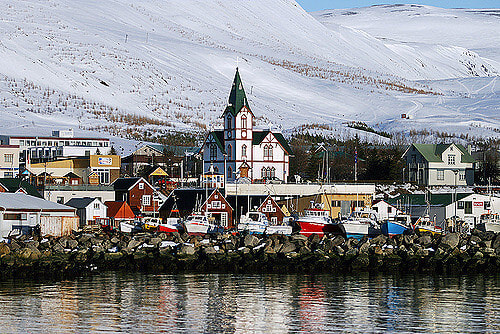
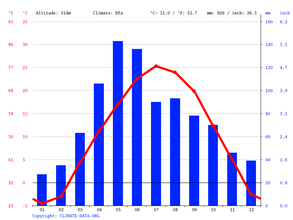
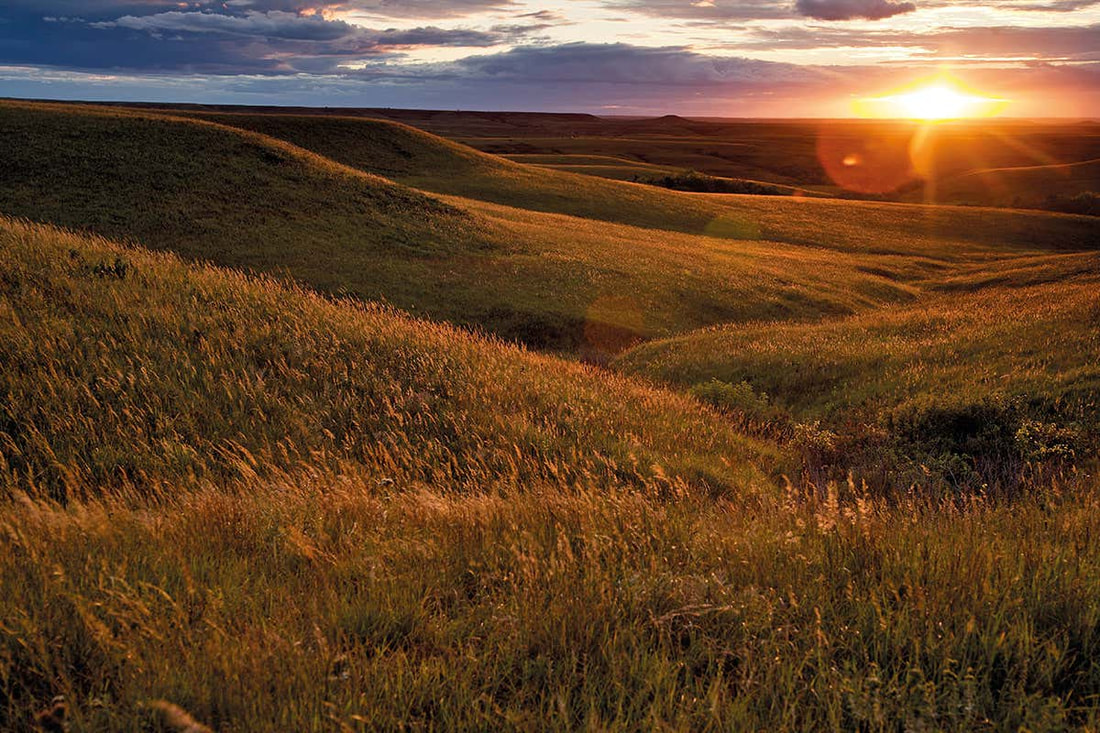

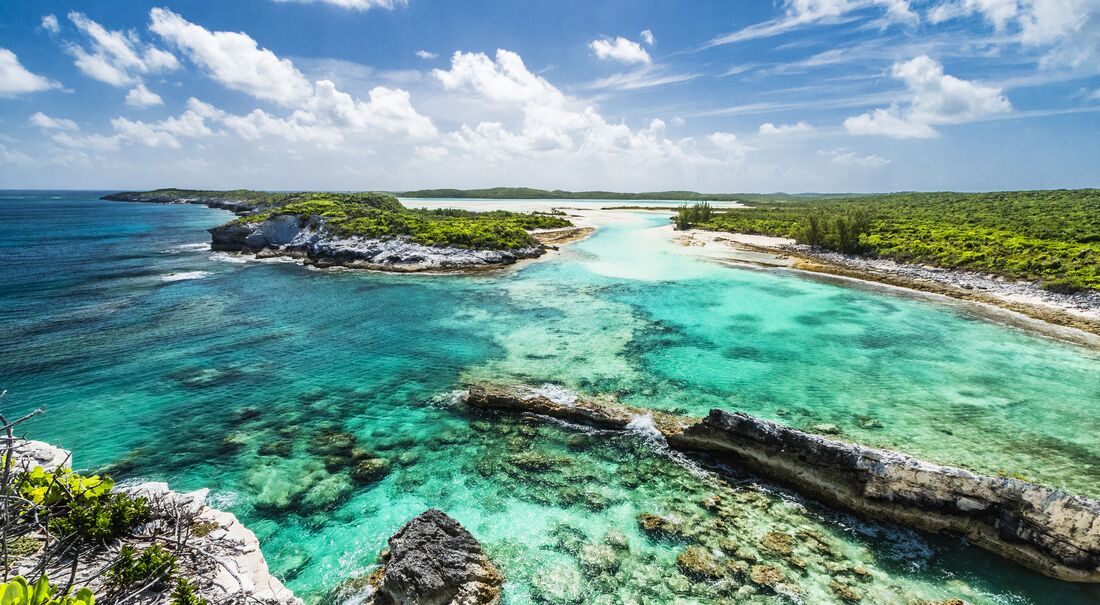


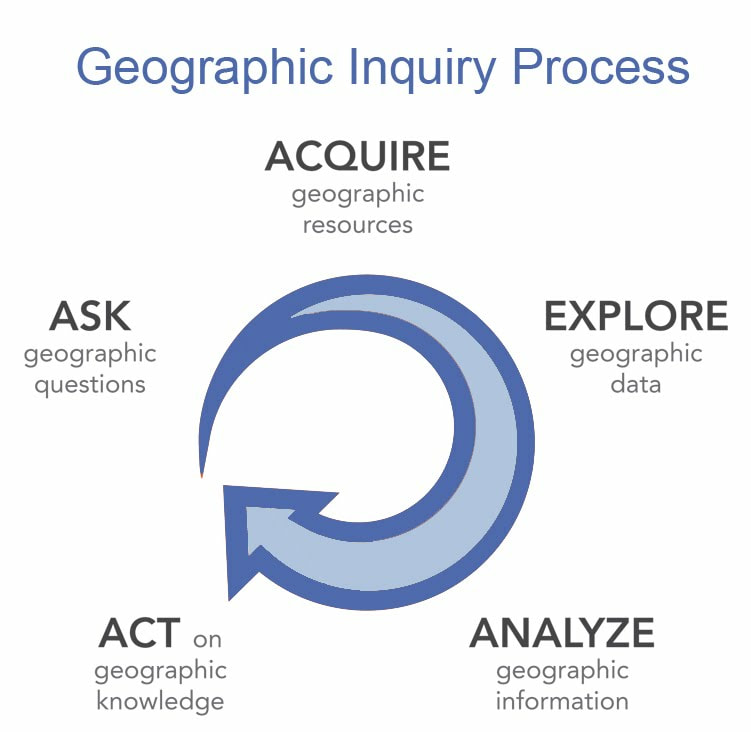
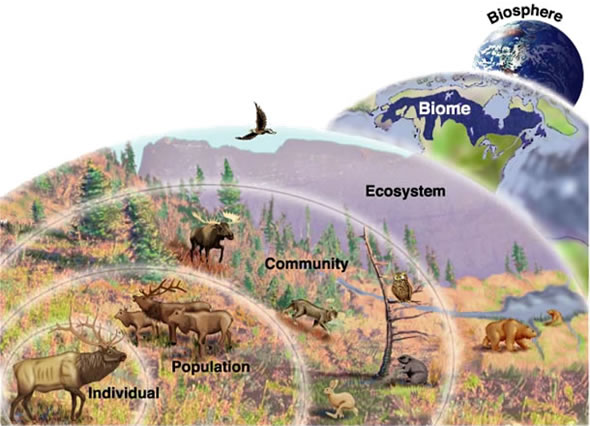
 RSS Feed
RSS Feed
